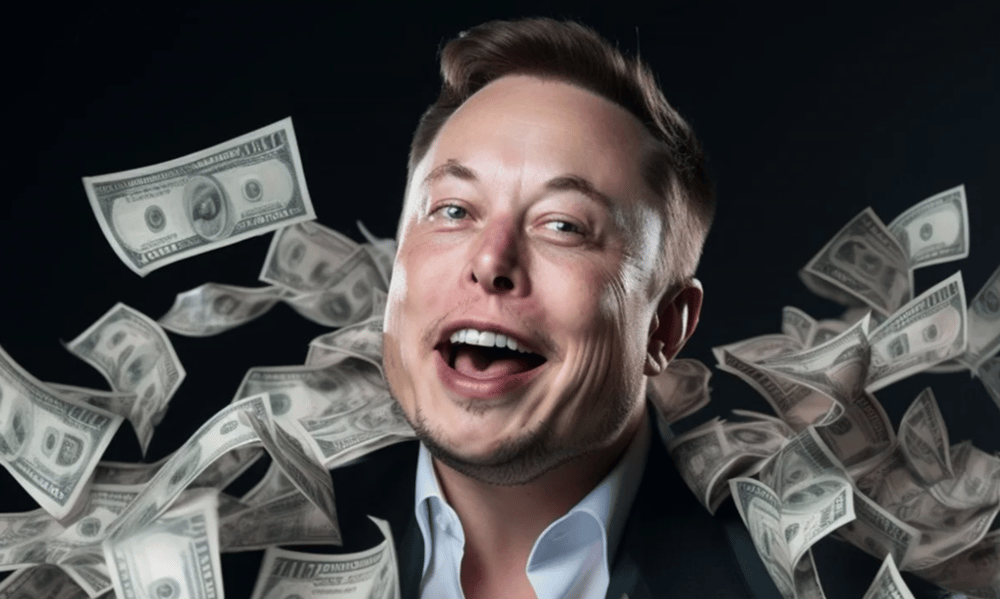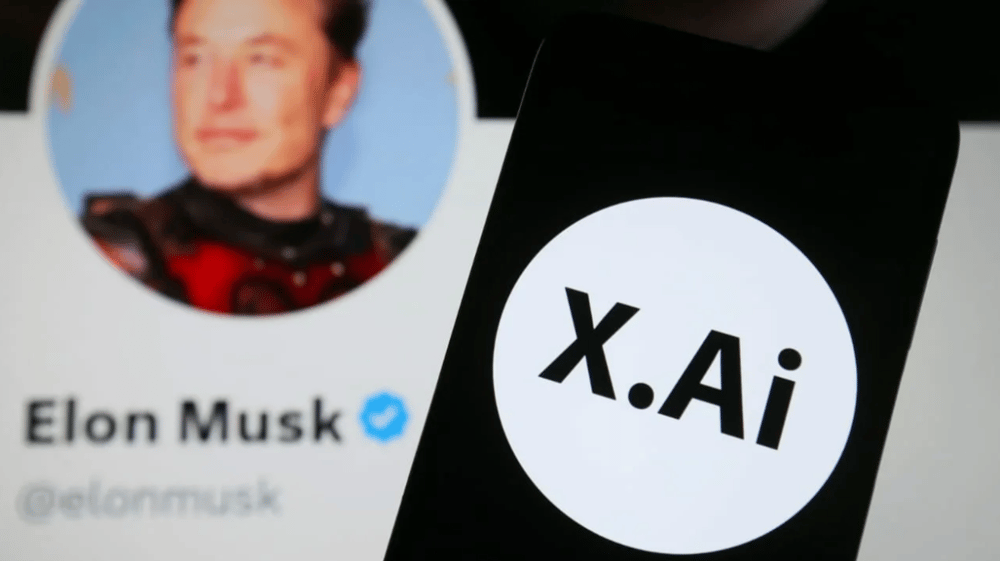Elon Musk’s xAI Nears $5 Billion Debt Deal Backed by USD Bonds and Morgan Stanley Amid Weak Demand
Elon Musk’s artificial intelligence startup, xAI, is reportedly set to finalize a $5 billion debt financing package, spearheaded by investment bank Morgan Stanley $MS. Despite lukewarm investor interest, the deal—comprising a mix of floating-rate term loans, fixed-rate debt, and secured USD bonds—marks a critical moment in the funding trajectory of one of the most closely watched private tech ventures of 2024.
The debt raise signals a strategic departure from traditional equity fundraising in the AI sector, highlighting xAI’s intent to scale aggressively while retaining ownership concentration. The deal is expected to be formally allocated to investors on Wednesday.
The Structure and Implications of the xAI Debt Raise
The $5 billion financing round consists of a hybrid structure: floating-rate term loans, fixed-rate loans, and secured bonds—all denominated in USD. The use of a debt vehicle, as opposed to a typical equity round, suggests xAI's desire to limit dilution and maintain founder control while securing capital for infrastructure and talent expansion.
This financing comes at a time of heightened market scrutiny around AI startups’ capital efficiency, scalability, and profitability. With OpenAI, Anthropic, and Google DeepMind already commanding significant market attention and investor capital, xAI's positioning becomes particularly sensitive to cost of capital and balance sheet risk.
Despite muted investor appetite, the presence of Morgan Stanley as lead underwriter lends institutional credibility to the transaction. However, the pricing and final yield of the instruments will be critical to market perception of xAI's risk profile, especially in a high-interest rate environment.

Key Facts:
📌 Company: xAI (Elon Musk’s AI venture)
📌 Debt Amount: $5 billion
📌 Structure: Floating-rate term loan, fixed-rate loan, secured bonds
📌 Currency: United States Dollar (USD)
📌 Lead Underwriter: Morgan Stanley
📌 Status: Allocation expected Wednesday
📌 Investor Demand: Reported as tepid
📌 Use of Proceeds: Infrastructure, R&D, AI compute capacity
Market Reactions and Expert Commentary
The announcement elicited cautious interest across financial circles. Institutional investors are reportedly wary due to the combination of high-risk growth trajectory, limited transparency on revenue streams, and the general volatility of emerging AI ventures. The reliance on debt, rather than equity, further compounds concern over potential leverage strain—especially with rates remaining elevated by Federal Reserve policy.
In contrast, tech analysts view this deal as a strategic power play by Musk, aiming to capitalize on his broader ecosystem—ranging from Tesla $TSLA and X (formerly Twitter) to SpaceX—to integrate AI at a foundational level. Some speculate that the debt issuance may be partially collateralized with assets or equity stakes from these enterprises, though details remain undisclosed.

Key Points of Analysis:
Unconventional Structure — A rare instance of a non-public AI startup using high-value debt financing rather than equity.
Control Preservation Strategy — Avoids dilution of ownership, reinforcing Musk’s centralized leadership model.
Rate Environment Challenges — Execution under current interest rate conditions implies confidence but raises risk premiums.
Institutional Backing Despite Risk — Morgan Stanley’s involvement enhances credibility but doesn’t eliminate market hesitation.
AI Sector Capital Intensity — Highlights the growing financial needs of AI infrastructure amid global GPU and data center expansion.
A High-Stakes Debt Bet on AI Growth
xAI’s $5 billion debt raise, backed by Morgan Stanley and denominated in USD, illustrates the increasing complexity and ambition in financing frontier technology companies. Elon Musk’s decision to pursue a non-equity model underlines both confidence in xAI’s long-term trajectory and a calculated effort to maintain strategic control in an increasingly competitive artificial intelligence market.
While investor demand appears restrained, the deal could set a precedent for how private tech unicorns fund growth in capital-intensive fields like AI. The final terms and reception of the debt instruments will be closely watched by both the finance and tech communities for signals on market appetite for AI-linked credit risk.















Comments